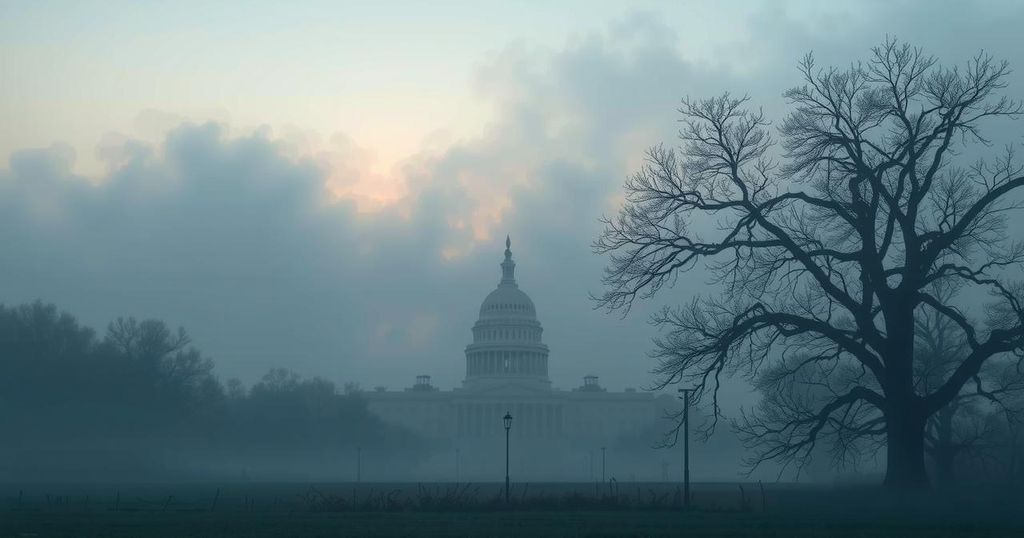Samir Geagea Critiques Hezbollah’s Role in Lebanon’s Crisis
- Samir Geagea blames Hezbollah for Lebanon’s economic collapse.
- Hezbollah’s weapons are viewed as unconstitutional and damaging to unity.
- Geagea insists that disarmament is essential for a stable state.
- He highlights the need for full representation of the diaspora in voting.
- Accusations against Speaker Berri for deceptive parliamentary practices.
Hezbollah’s Arms Blamed for Lebanon’s Collapse
In an extensive interview held in early July at his headquarters, Samir Geagea, the leader of the Lebanese Forces, did not hold back on his criticisms of Hezbollah. He explicitly stated that Hezbollah’s weapons are not just a personal grievance but are at the heart of Lebanon’s ongoing disaster. Geagea firmly believes that these arms have played a crucial role in the country’s troubling descent into economic turmoil and a crumbling state, referring to the situation as catastrophic and unsustainable. Moreover, he stressed that without addressing Hezbollah’s military might, the idea of a cohesive and functional state in Lebanon remains a distant dream.
Need for Disarmament Remains Essential
Geagea was particularly vocal about the recent American initiative proposed by envoy Tom Barrack, which calls for the disarmament of Hezbollah. While there seemed to be waves of controversy around it, Geagea maintained that the push for disarmament should be viewed through a local lens rather than just an external demand. The discussion with President Joseph Aoun seemed to reflect a desire to handle the sensitive issue thoughtfully, yet Geagea did not shy away from expressing his frustration over the lack of progress in the talks occurring between political factions. He pointed out that without determination to tackle Hezbollah’s arsenal, Lebanon will continue to struggle with chaotic governance and enduring insecurity.
Revising Diaspora Voting Rights is Imperative
Turning to other challenges facing Lebanon, Geagea discussed the issue of diaspora voting rights, arguing that the existing electoral law is outdated and inadequate for reflecting the interests of the Lebanese expatriates. He reflected on the political deals struck in the past, particularly the compromise that limited diaspora representation to just six parliamentary seats—a decision he called a mistake. Now, he advocates for the diaspora to have a broader influence in the political landscape by enabling them to vote on all 128 parliamentary seats. Geagea also called for a unified approach to gauge the opinions of Lebanese living abroad, a measure intended to ensure that their voices are heard appropriately within their home country.
Calls for Accountability in Parliament’s Functions
Geagea’s critique extended to Parliament’s management, particularly targeting Speaker Nabih Berri, accusing him of trickery in the legislative process. Berri was described as fast-tracking numerous laws while neglecting to entertain possible amendments that could enhance the legislative framework regarding the diaspora vote. Geagea articulated that a collective of 67 MPs had already signed a petition supporting an amendment to Article 112, which indicates a significant demand for change among lawmakers. He concluded that the integrity of parliament must be maintained, and expressed skepticism over whether Hezbollah and its allies could afford to withdraw from the government, stating that such a move would not be taken lightly by any faction.
In summary, Samir Geagea’s recent interview casts a critical glare at Hezbollah’s weapons and the pressing need to address political representation for the Lebanese diaspora. He believes that disarmament is vital for the country’s recovery and that the current voting laws should be reformed to include all expatriates. Throughout his remarks, Geagea called for decisive action and accountability in Lebanon’s political scene, indicating that the country’s future hinges on substantial change.




Post Comment